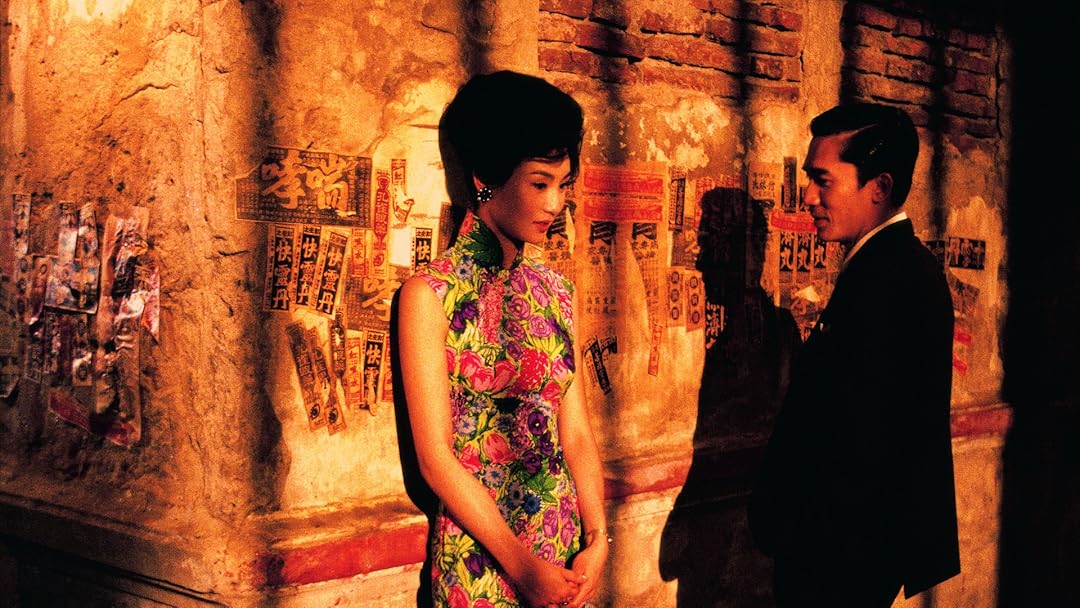
Professor: Celia Sainz, PhD (csainz@mtholyoke.edu)
Office Hours: Thursdays, 11:00 am – 1:00 pm at Rooke 201, or by appointment
Class Meetings: Thursdays, 1:30 – 4:20 pm
Location: DWGT 202
Dates: September 3, 2025 – December 16, 2025 (Weekly)
Course Description
This course surveys global cinema and media from 1960 to the present, approaching world cinema as a polycentric phenomenon where creativity emerges across diverse contexts. All cinemas—including Hollywood—will be considered on equal footing, with particular attention to filmographies from Asia, Africa, Latin America, and Europe. Our guiding question is: What voices, realities, and perspectives become visible through global art cinema, and how do questions of representation shift when a film moves from a local audience to an international one?
Following André Bazin’s insight that realism is not a set of conventions but a moral attitude toward the alterity of what is nearby, we will understand art cinema less as a fixed style than as a commitment to represent new or unheard realities. Neorealism, and the new waves that followed, embody this attitude: they forge inventive narrative and stylistic strategies in order to make visible what had been excluded from representation. In this sense, global art cinema will be studied as a practice of ambition, experimentation, and ethical engagement with the world.
We will analyze the diverse perspectives and strategies of the films studied, considering how they construct relationships between self and other and how they engage with issues such as decolonization, anti-imperialism, national and popular culture, censorship and resistance, globalization, and technological change. Students will critically assess widely used categories in film theory and history—including national, global, and transnational cinema; dominant and oppositional filmmaking; cinematic movements; authorship; and realism—while questioning the assumptions that underlie them.
Alongside scholarly readings and analytical discussion, students will pursue practice-based research through videographic exercises, producing their own critical and creative pieces in dialogue with the films studied.
- Teacher: Celia Sainz
- Teacher: Noah Tuleja
